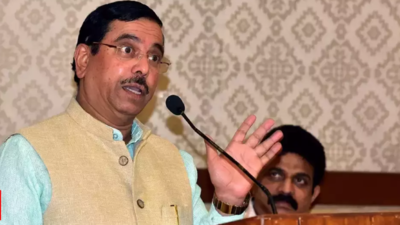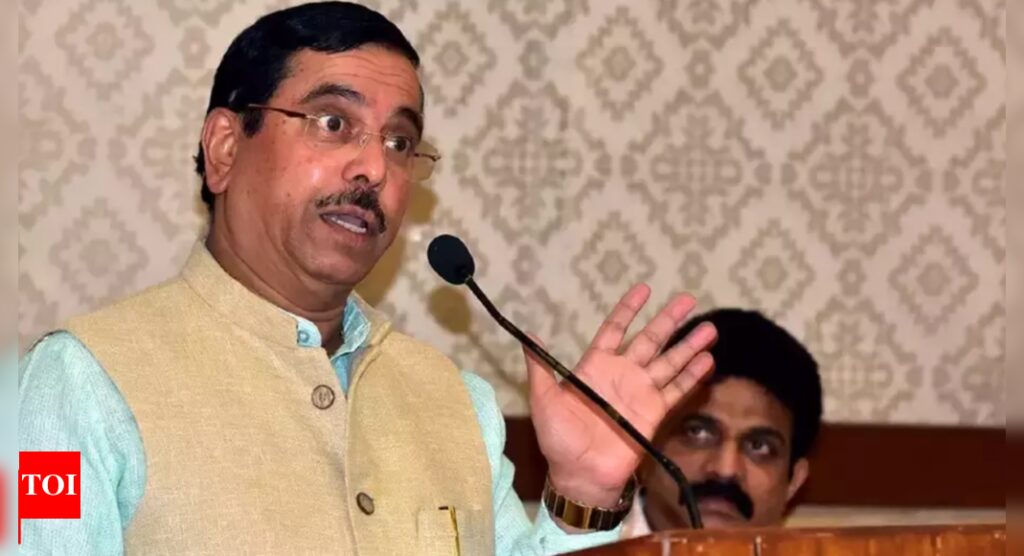
Union Minister for New and Renewable Energy, Pralhad Joshi, announced on Saturday that India’s solar photovoltaic (PV) module manufacturing capacity will grow from 80 gigawatts (GW) to 125 GW by 2030.
The country’s solar cell manufacturing capacity is also expected to rise from 25 GW to 40 GW soon. The minister made these remarks during the inauguration of a state-of-the-art 5.4 GW solar cell manufacturing facility by Waaree Energies Limited in Gujarat’s Degam, according to news agency PTI.
In 2014, India had little to no solar PV module manufacturing, but today, companies like Waaree are producing 80 GW of solar PV modules, Joshi said. He emphasized that India is advancing towards an integrated solar model, where all stages of production, from polysilicon to modules, will be manufactured domestically.
India has become the world’s third-largest producer of renewable energy, and the minister expressed confidence that the country will achieve its target of 500 GW of renewable energy capacity by 2030, up from the current 220 GW. “If Prime Minister Narendra Modi is there, then it is possible,” Joshi remarked.
India is also leading in the global green energy space, with the country issuing the world’s largest bid for green ammonia and securing 50% of export orders for electrolyser and green hydrogen manufacturing. The minister highlighted that, despite having 17% of the global population, India’s contribution to global greenhouse gas emissions is less than 4%, underlining the country’s commitment to sustainable energy.
He noted that in the past, solar PV modules were imported, mostly from China and other countries. However, India has made significant strides in local manufacturing with the introduction of the Approved List of Models and Manufacturers (ALMM) and government incentives like the Production Linked Incentive (PLI) scheme.
Joshi reaffirmed that the government’s commitment is to ensure the complete manufacturing of everything from polysilicon to modules, and from green ammonia to methanol, in India, positioning the country as a global leader in renewable energy. He also projected that by 2032, India’s energy demand will double, with electricity connectivity reaching 18,100 villages, solidifying the nation’s status as a global manufacturing hub.
Gujarat Chief Minister Bhupendra Patel, also present at the event, praised Prime Minister Modi for establishing Gujarat as a model of development and growth, citing the state’s business-friendly policies, including the Atmanirbhar Gujarat policy. The policy has already attracted Rs 43,000 crore in investments, with 183 units becoming operational.














